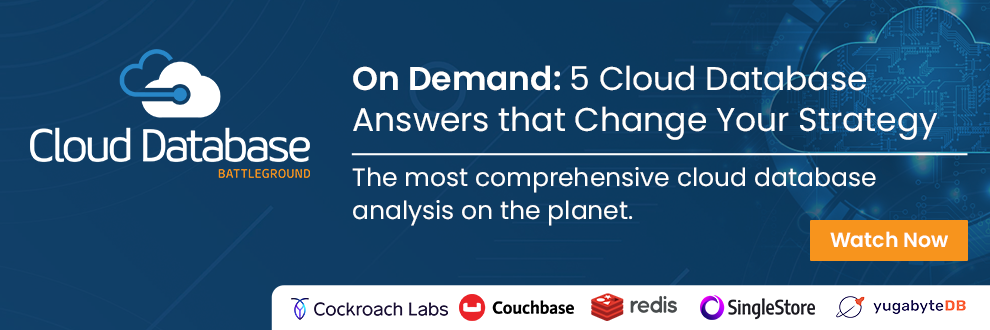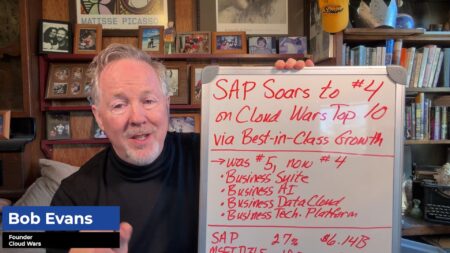
Data is everywhere, and we do have access to a large amount of it. Data in the right context, with the right technology, and the right talented human resources allow professionals to achieve a lot more with a lot less. Although data is often used within a corporate context, it can also be used for Non-Profit Organizations (NPOs).
Within a corporate context, it’s becoming the norm to use it for being efficient and cost-effective within a high competition environment. However, this situation represents a great advantage for NPOs. For instance, they can leverage public data, open-source applications, and software to maximize the impact of their operations.
Overcoming Challenges for NPOs
One of the biggest challenges of NPOs is the fact that they are always limited in terms of resources. At the same time, they are highly focused on maximizing the impact within their scope. However, every challenge brings opportunities, and that’s exactly what’s happening now.
In my previous article, The Power of Using Data to Achieve Global Sustainability Goals, I outlined how the United Nations is driving global initiatives that mankind globally. In addition, my colleague Aaron Back, in his podcast How to Leverage AI to Reach Sustainability Goals, explains how many companies are using Artificial Intelligence (AI) to improve sustainability. It is true that open-data and open-source technology, combined with human talent, can truly drive impact in our world and our lives.
There are now many NPOs arising within this new scenario whereby they are leveraging open data issued by many international organizations. This includes the World Bank, International Monetary Fund, United Nations, and many universities as well as governments. They are using that data to create high-impact projects such as food production, protection of natural resources, world population migration, climate change, and many other initiatives.
Some of those NPOs are having such an important impact that they are receiving funding from international corporations to secure and expand their operations. They are improving the supply chain of perishable products, food production, and other commodities.
Becoming a Data-Driven NPO
If you are involved in a Non-Profit Organization and don’t know where to start to become a data-driven organization, look no further. Start organizing your data in a simple format, and make sure it is clean and scalable.
Organize it in a database. There are open-source solutions out there that can be used for this purpose. Open-source tools or applications don’t require any license purchase on your end.
As the organization progresses in organizing and storing its internal data, it can use business intelligence tools to visualize and analyze that data. This will enable you to extract insights from it. Then, you will start to recognize efficiencies within the decision-making process.
The great value comes when the organization starts using external data sources and combines them with internal ones. When that happens, context is added to internal data, so strategic decisions can be made.
Leveraging Open-Source and NPO
When a Non-Profit Organization is capable to act in this way, leveraging both open data and open-source to improve operations and impact, it will be a lot easier to obtain financial resources.
It is also possible to source data from different websites (web scraping) to identify funders of NPOs aligned with the operation of the organization itself.
Data is out there. It’s available. Let’s use it to change our world.
When you use your database to its full potential, you can be more strategic in your work because you know where to focus your efforts.
Data gets you on the right track. It helps save time so you can focus on growing your mission. For instance, when running a fundraising campaign, targeting large donors can be costly, labor-intensive, and sometimes ineffective. But what if you could target only the donors who are most likely to donate?
Increasingly, non-profit technology helps organizations identify the prospects that are most likely to give with a high degree of accuracy. For example, Keela recently launched Donor Score, a tool to score your donors based on their past giving history. Leveraging such tools can help you prioritize the right donors while saving precious time and money.
Build Better Experiences For Your Supporters
With data analytics, you can cultivate the right people, on the right channels, at the right time. This can be extremely helpful when it comes to managing volunteers because you can harness data to better understand their needs.
If you have the tools to analyze past volunteer experiences, you can schedule their time more effectively, as well as track their efficiency and work satisfaction. With this kind of information, you know when to ask them for more involvement, as well as when they are at maximum capacity and need your support.







